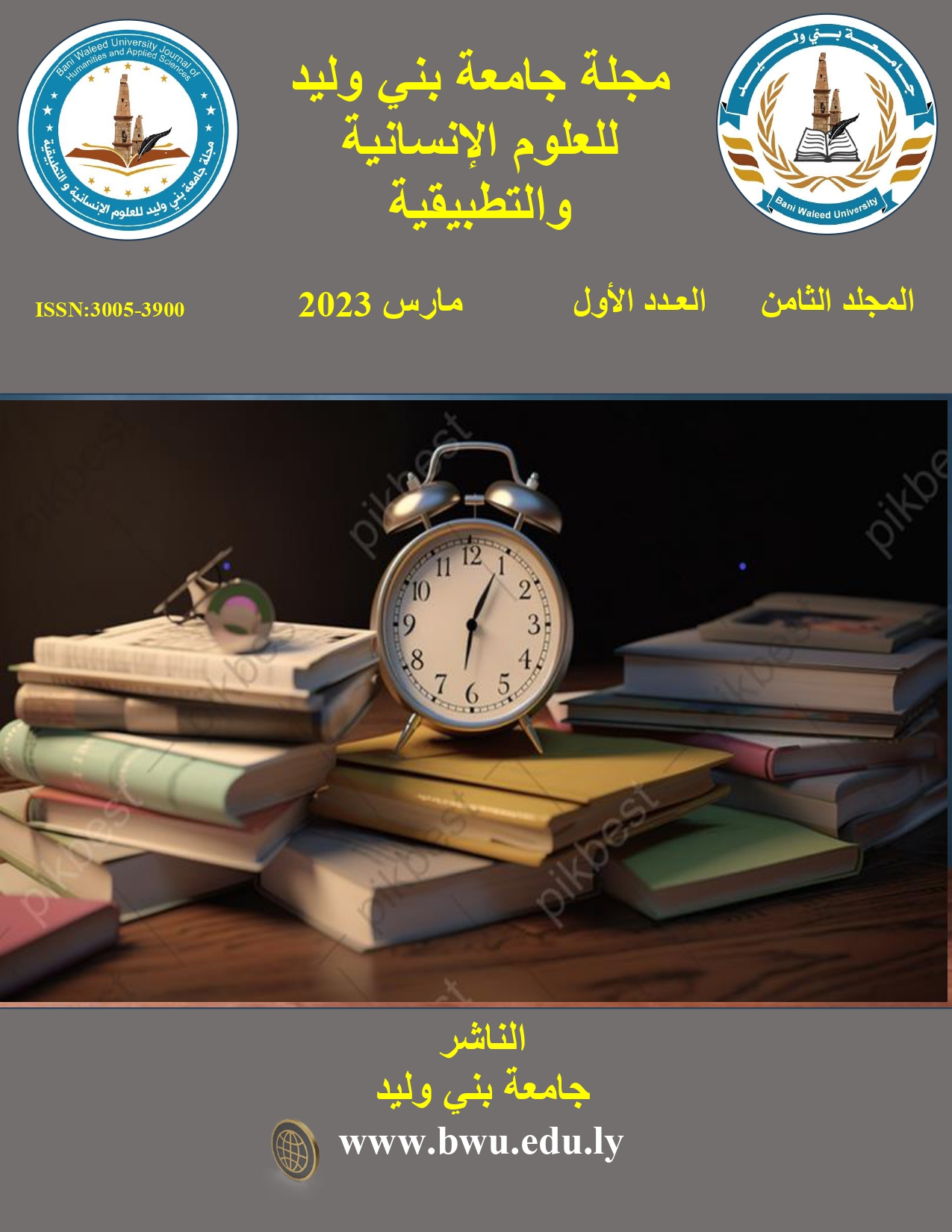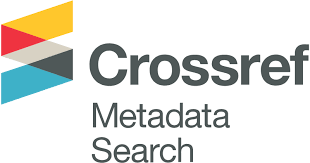The Impact of Lecturing on reconstructing Teachers` Professional Identity: A Case Study on Four Libyan EFL In-service Teachers Teaching at The College of Languages and Translation, Zaytuna University
DOI:
https://doi.org/10.58916/jhas.v8i1.506Keywords:
teacher professional identity, lecturing factors, reconstruction of teacher professional identityAbstract
Identity is a broad and evolving term that encompasses new variables over time. Although many studies have examined this topic, the relationship between teachers' professional identity and the impact of actual lecturing remains underexplored, particularly in the Libyan context. This case study aims to investigate the perceptions of Libyan EFL teachers regarding their professional identities and the impact of lecturing on reconstructing these identities. This qualitative study utilizes semi-structured interviews, followed by informal discussions with teachers to gain deeper insights into their responses.
The findings reveal that all teachers identified linguistic competence as central to their professional identities. Additionally, they described their roles as conveying moral values to students and highlighted gaining prestige within the family, cultural and social experience, and continuous self-improvement as important aspects of their identities.
Regarding the factors influencing identity reconstruction through lecturing, Teacher S emphasized responsibility, collaborative work, engagement, and experience. Teacher N highlighted experience, working under pressure, organizational policies, and real teaching practice. For Teacher G, support from the organization and experience were key, while Teacher M pointed to experience, quality assurance, collaboration, organizational involvement, and responsibility for student outcomes as the primary factors reshaping his professional identity.
Downloads
References
Atay, D. (2023). ICT Transformation in Education: Its Impact on Language
Teachers’ Professional Identities. Iranian Journal of Language Teaching Research, 11(1), 141-156.
Battey, D., & Franke, M. L. (2008). Transforming identities: Understanding
teachers across professional development and classroom practice. Teacher education quarterly, 35(3), 127-149.
Beijaard, D., Meijer, P. C., & Verloop, N. (2004). Reconsidering research
on teachers’ professional identity. Teaching and teacher education, 20(2), 107-128.
Bukor, E (2011). Exploring teacher identity: Teachers' transformative
experiences of re-constructing and re-connecting personal and professional selves. University of Toronto.
Burns, A., & Richards, J. C. (Eds.). (2009). Cambridge guide to second
language teacher education. Cambridge University Press.
Caihong, H. A. O. (2011). Changes and characteristics of EFL teachers'
professional identity: The cases of nine university teachers.
Canale, A., Herdklotz, C., & Wild, L. (2012). Evaluation of teaching
effectiveness. The Wallace Center at RIT, 1-10.
Chong, S., Ling, L. E., & Chuan, G. K. (2011). Developing Student
Teachers'Professional Identities--An Exploratory Study. International Education Studies, 4(1), 30-38.
Clandinin, D. J., & Connelly, F. M. (1999). Storying and restorying
ourselves: Narrative and reflection. In The reflective spin: Case studies of teachers in higher education transforming action (pp. 15-23).
Coldron, J., & Smith, R. (1999). Active location in teachers' construction of
their professional identities. Journal of curriculum studies, 31(6), 711-726.
Farrell, T. S. (2011). Exploring the professional role identities of
experienced ESL teachers through reflective practice. System, 39(1), 54-62.
Gümüşok, F., & Seferoğlu, G. (2022). Developing new professional
identities: from in- service teacher to in-service teacher educator. Journal of Education for Teaching, 1-15.
Hampden-Thompson, G., & Galindo, C. (2017). School–family
relationships, school satisfaction and the academic achievement of young people. Educational Review, 69(2), 248-265.
Hashemi, M. R., Karimi, M. N., & Mofidi, M. (2021). Developing and
validating an EFL teacher professional identity inventory: a mixed methods study. MEXTESOL Journal, 45(1), n1.
Hattie, J. (2004). It's official: teachers make a difference. Educare news,
(144).
Heryandi, A. (2022). Engaging Student Participation for Improving Quality
of Lecturing Process in Higher Education Institution. Jurnal Teknologi Informasi dan Pendidikan, 15(1), 57-64.
Long, C. S., Ibrahim, Z., & Kowang, T. O. (2014). An Analysis on the
Relationship between Lecturers' Competencies and Students' Satisfaction. International Education Studies, 7(1), 37-46.
Lortie, D. C. (2020). Schoolteacher: A sociological study. University of
Chicago press.
Pillen, M., Beijaard, D., & Brok, P. D. (2013). Tensions in beginning
teachers’professional identity development, accompanying feelings and coping strategies. European journal of teacher education, 36(3), 240-260.
Rezaei, V. (2018). The relationship between English learning and
professional identity changes among Iranian PhD teachers. Theory and Practice in Language Studies, 8(1), 169-176.
Ruohotie-Lyhty, M. (2013). Struggling for a professional identity: Two
newly qualified language teachers' identity narratives during the first years at work. Teaching and teacher education, 30, 120-129.
Soren, J. K. (2013). Teacher identity in English-medium instruction:
Teacher cognitions from a Danish tertiary education context (Doctoral dissertation, University of Copenhagen. Faculty of Humanities).
Topchyan, R., & Woehler, C. (2021). Do teacher status, gender, and
years of teaching experience impact job satisfaction and work engagement?. Education and Urban Society, 53(2), 119-145.
Wahyudi, W. (2018). The influence of job satisfaction and work experience
on lecturer performance of Pamulang University. Scientific Journal of Reflection: Economic, Accounting, Management and Business, 1(2), 221-230.
Wang, X. (2014). Investigation on the professional identity of senior high
school English teachers. Journal of Language Teaching and Research, 5(4), 769.
Xing, Z. (2022). English as a Foreign Language Teachers’ Work
Engagement, Burnout, and Their Professional Identity. Frontiers in Psychology, 13.















